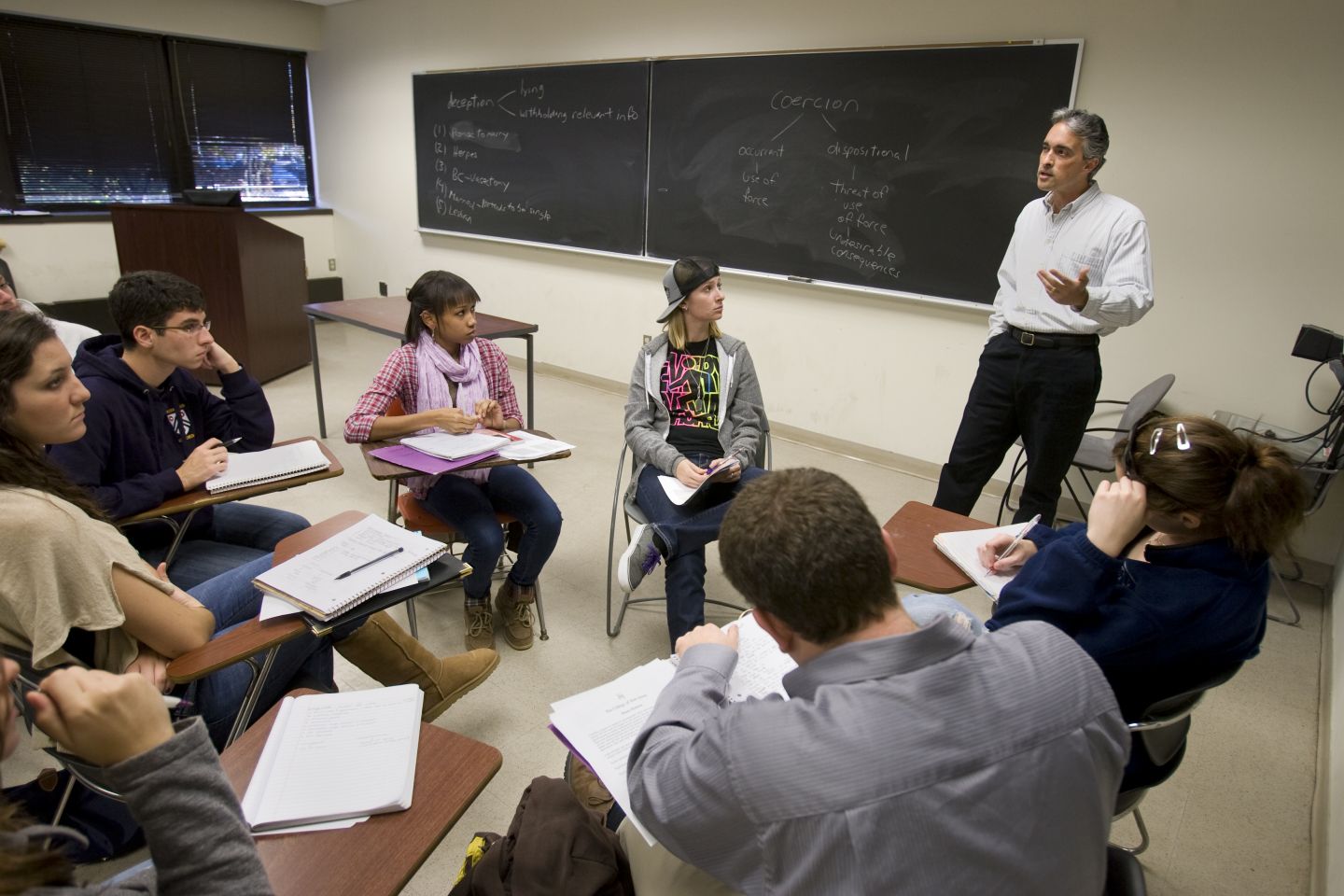Five Interesting Pros and Cons of HBCUs and PWIs
/So you’re stuck? “PWI or HBCU?” Read on to discover things about both. *DISCLAIMER: Of course this doesn’t apply to ALL HBCUs and PWIs, these are just some common things and things I gathered from research! I’m not trying to make an HBCU seem better than a PWI nor am I trying to make a PWI look better than an HBCU! I suggest taking a tour around the campus and asking current students or alumni for the truth!
The school year is about to start or may have already started for some of you. You seniors have begun to seriously think about schools you may want to apply to and may have already started applying. Some of you may be thinking, “Do I want to attend an HBCU or a PWI?” You may not even know the differences between the two. If that’s the case, this is for you!
What is an HBCU?
HBCU stands for Historically Black College and University! It’s defined in Title III of the Higher Education Act of 1965 as “a school of higher learning that was accredited and established before 1964 and whose principal mission was the education of African-Americans.” There are 106 HBCUs.
What is a PWI?
PWI stands for Predominately White Institution. PWIs are just schools of higher learning in which whites accounts for at least 50% of the school’s enrollment.
-
You have a better chance of getting a scholarship from a PWI than an HBCU.
That’s simply because PWIs have higher endowments, which are money or other financial assets that are donated to universities or colleges, than HBCUs. They say that if you add up all the endowments from all the HBCU’s, they would still have less than 10% of Harvard’s endowment. Also HBCUs don’t have as much financial support from alumni so they don’t have money to give out as many scholarships as PWIs. You could get full rides to the University of Georgia (UGA), University of California, Los Angeles (UCLA), Florida State University (FSU), and Alabama but could only get a partial scholarship from Howard. If you don’t get a scholarship from any institution, HBCU’s tuition tends to be cheaper than that of a PWI.

-
Homecoming at an HBCU is more reputable than homecoming at a PWI.
Homecoming at an HBCU is a week of enjoyment, from the motivational speakers, to the games, and to the concerts. As a minority, it makes you feel like you’re “home”. Homecoming at a PWI is different. Your school’s location also plays a role! Alabama’s homecoming is probably nothing like Michigan State’s Homecoming! At HBCU homecomings, people look forward to yard shows seeing top Hip-Hop & R&B performers. Not all HBCUs have “lit” homecomings though, it tends to only be the bigger schools.
-
The bands and dancers are different at an HBCU and PWI.
Bands at an HBCU are more likely to be the show style type of band. PWI’s bands are seen to be corp style. You know the song “Cha Cha” by D.R.A.M? Tennessee State’s band performed that last year at a football game. Bands at PWI’s are more so infamous for their band formations. Ohio State’s band is real nice with it. They once did Michael Jackson formations and moon-walked across the football field! Oh, and the dancers? Check it out for yourself. Alabama State’s Stingettes! An experience you can’t find at a PWI. Oklahoma State’s Dance Team.
-
At a PWI, people are more likely to recognize your school’s name than at an HBCU.
Even though Howard is one of the best HBCUs, if you say “Howard” there are some people who may not know that the school exists. If you say “I go to Florida State”, most likely they’ll know what you’re talking about. People think that this will also play a role into you getting a job opportunity or not. Some say if the person at the job doesn’t know much about HBCUs, they would take the person with a Master’s degree from Georgia Tech than the person with a Master’s degree from Clark Atlanta. That is of course a theory though. Personally, I’d rather take someone with experience, no matter the school name.

-
HBCU’s sometimes have smaller classes than PWI’s.
Some say that HBCU’s have smaller classes than PWI’s. This isn’t always the case though. HBCU professors may know your name while PWI professors can’t keep up with the plethora of names. With a smaller class size, you can get more one-on-one support from your professor than you would at a larger university. Also with a larger class size, the way you receive your education could also be different than being in a small class. With a larger class size, classes are more likely to be lecture hall classes. Lecture classes don’t work for everyone, but they do work for some people especially if you like to stay to yourself. Smaller class sizes promote an interactive setting, where there will be a lot of student participation.
Whether you choose to attend an HBCU or a PWI, make sure you conduct your own research because every school is different! A PWI may work better or an HBCU may work better for you. Some people would also say to go to an HBCU for undergrad because the campus life is one that you can’t get outside of an HBCU and to go to a PWI for grad! Every school is going to have its own faults honestly, but just make the best decision for your needs!
Want to learn more about HBCUs? Check out HBCU Buzz and HBCU Lifestyle!
Want more viewpoints? Check out these 2 YouTube videos on other people comparing HBCUs and PWIs! Alice Wheeler’s video (https://www.youtube.com/watch?v=MzYpbXQclNw ) & Brelynn’s video! (https://www.youtube.com/watch?v=1Po2RUoHNqY )











